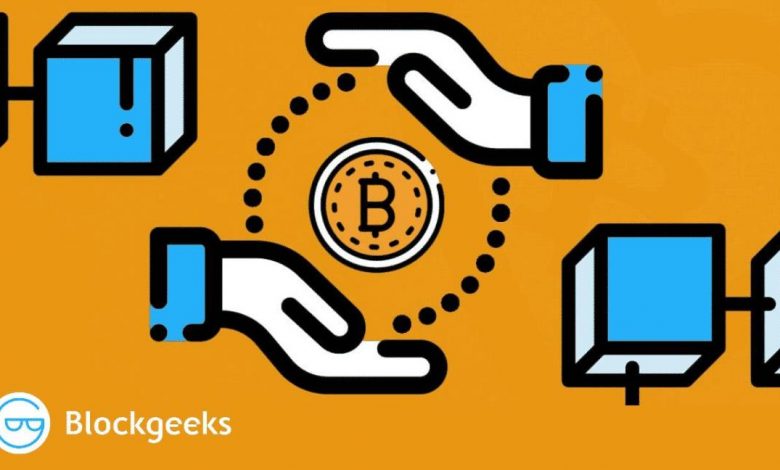The Impact of Bitcoin on the Global Economy

The Impact of Bitcoin on the Global Economy: A Game-Changer or a Passing Fad?
Understanding Bitcoin’s Rise and Fall
Ever since its inception in 2009, Bitcoin has been a hot topic of debate. Today, it has emerged as one of the most talked-about technologies with potential implications on the global economy. The value and impact of Bitcoin cannot be overlooked, as it has revolutionized the way we perceive and use currency.
1. What is Bitcoin?
Bitcoin is a digital and decentralized cryptocurrency that operates on a peer-to-peer network, allowing users to transact directly without intermediaries. It is built on blockchain technology, which ensures transparency, security, and immutability of transactions.
2. How does Bitcoin influence the global economy?
Bitcoin’s impact on the global economy can be viewed from various perspectives:
3. Disrupting Traditional Banking Systems
Bitcoin challenges the traditional banking system by providing an alternative decentralized financial network. Transactions can be conducted across borders without the involvement of banks, minimizing transfer fees and transaction delays.
4. Promoting Financial Inclusion
Bitcoin has the potential to improve financial inclusion by empowering individuals who lack access to traditional banking services. With just a smartphone and an internet connection, anyone can participate in the Bitcoin economy.
5. Investing and Speculation
Bitcoin has witnessed remarkable value growth over the years, attracting investors and speculators. Its limited supply and increasing demand have led to significant price fluctuations, making it an appealing investment opportunity.
6. Technological Innovation
Bitcoin’s underlying technology, blockchain, holds immense potential beyond the cryptocurrency itself. Its applications extend to various sectors such as supply chain management, healthcare, voting systems, and more. This technological innovation can drive economic growth and efficiency globally.
The Concerns and Challenges of Bitcoin’s Global Impact
While Bitcoin presents numerous opportunities, it also poses certain challenges and concerns.
1. Volatility and Price Stability
The price volatility of Bitcoin is a notable concern for its mainstream adoption. Large price swings make it difficult for businesses and individuals to rely on Bitcoin as a stable unit of account.
2. Regulatory Environment
The global regulatory environment for Bitcoin is still evolving. Governments are grappling with how to classify and regulate cryptocurrencies. Uncertainty surrounding regulations can affect the confidence of potential users and investors.
3. Security and Fraud Risks
Bitcoin transactions are secured by cryptographic algorithms but are not immune to hacking. The anonymity aspect of Bitcoin also poses a risk, as it can be exploited for illegal activities, money laundering, and tax evasion.
Conclusion
In conclusion, Bitcoin has the potential to reshape the global economy by revolutionizing the way we transact and perceive currency. Its decentralized nature offers advantages such as lower costs, increased financial inclusion, and technological innovation. However, challenges concerning volatility, regulation, and security must be addressed for Bitcoin’s full potential to be realized.
FAQs (Frequently Asked Questions)
Q: Is Bitcoin legal?
A: The legality of Bitcoin varies by country. While some governments fully embrace it, others have imposed restrictions or outright bans. It is advisable to check the regulations in your jurisdiction.
Q: Can I use Bitcoin to buy goods and services?
A: Yes, an increasing number of businesses accept Bitcoin as a form of payment. However, it is still not as widely accepted as traditional currency.
Q: Is Bitcoin the future of money?
A: The future of money is subject to debate. Bitcoin has the potential to shape the evolution of global finance, but its widespread adoption and mainstream acceptance are yet to be determined.
Q: Can I mine Bitcoin?
A: Yes, Bitcoin can be “mined” by individuals using powerful computers to solve complex mathematical problems. However, mining has become more resource-intensive and competitive over the years.
By providing answers to frequently asked questions, we aim to address common concerns and provide readers with valuable information about Bitcoin and its impact on the global economy.



